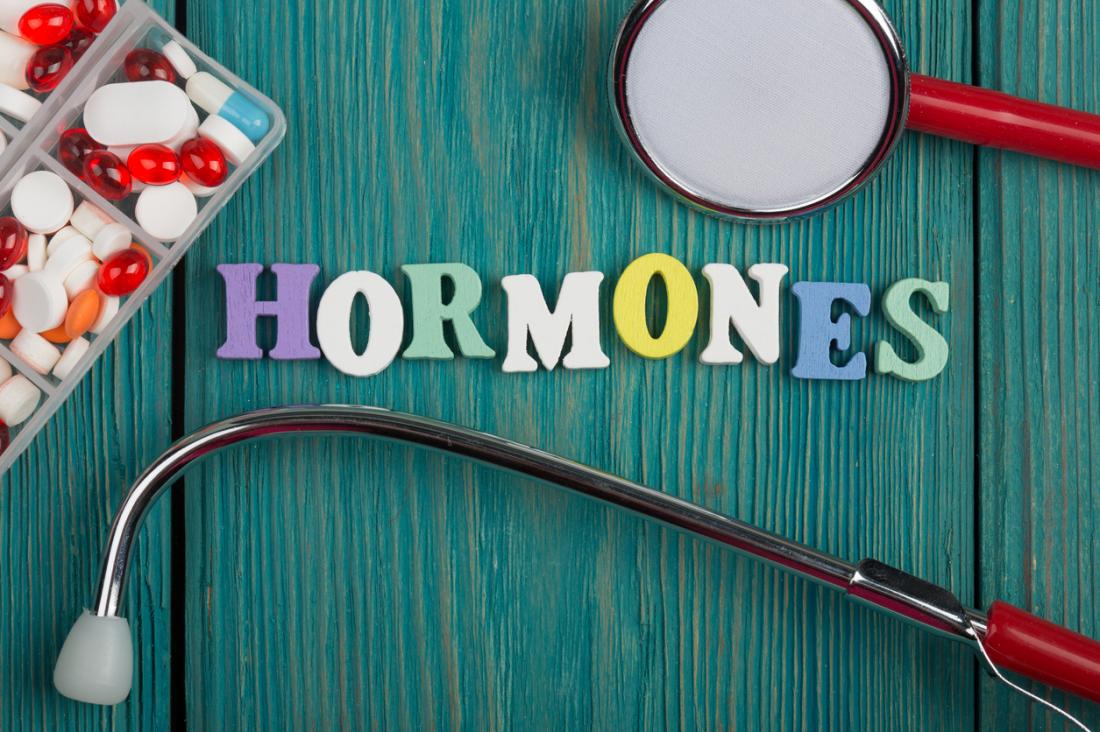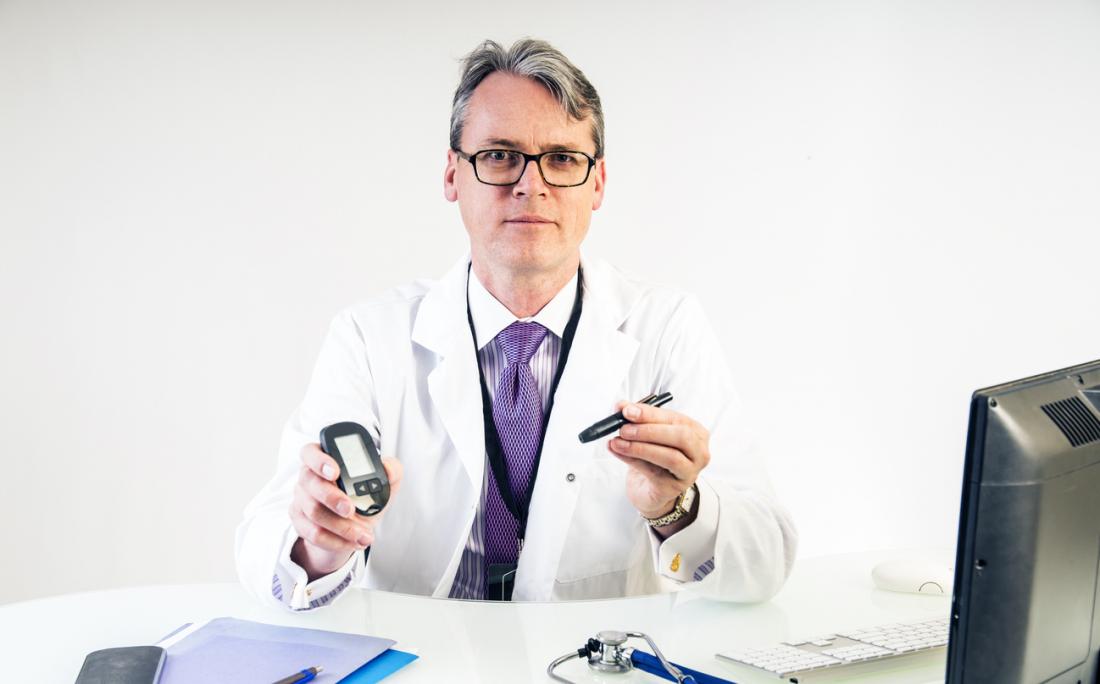Will Endocrinologist Give Me Testosterone
The human endocrine system consists of a number of glands, which release hormones to control many different functions.
When the hormones leave the glands, they enter the bloodstream and are transported to organs and tissues in every part of the body.
Adrenal glands

Endocrinology refers to a medical focus on hormones. Hormones shape the body and drive its systems.
The adrenal, or suprarenal, glands are located on top of the kidneys. They are divided into two regions. The right gland is triangular, and the left is crescent-shaped.
The adrenal glands secrete:
- corticosteroids, the steroids involved in stress responses, the immune system, inflammation, and more
- catecholamines, such as norepinephrine and epinephrine, in response to stress
- aldosterone, which affects kidney function
- androgens, or male sex hormones, including testosterone.
Both men and women have some androgen, but men have higher levels. Androgens control the development of characteristics associated with males, like facial hair and a deeper voice.
Hypothalamus
The hypothalamus is located just above the brain stem and below the thalamus.
This gland activates and controls involuntary body functions, including respiration, heart rate, appetite, sleep, temperature, and the circadian cycles, or daily rhythms.
The hypothalamus links the nervous system to the endocrine system via the attached pituitary gland.
Ovaries and testicles
The ovaries are located on either side of the uterus in females. They secrete the hormones estrogen and progesterone.
These hormones promote sexual development, fertility, and menstruation.
The testicles are located in the scrotum, below the penis in males. They secrete androgens, mainly testosterone.
Androgens control sexual development, puberty, facial hair, sexual behavior, libido, erectile function, and the formation of sperm cells.
Pancreas
Located in the abdomen, the pancreas is both an endocrine gland and a digestive organ.
It releases:
- Insulin: Important for carbohydrate and fat metabolism in the body
- Somatostatin: Regulates endocrine and nervous system function and controls the secretion of several hormones, such as gastrin, insulin, and growth hormone
- Glucagon: A peptide hormone that raises blood glucose levels when they fall too low
- Pancreatic polypeptide: This helps control the secretion of substances made by the pancreas
Diabetes and digestive issues can result if there are problems with the pancreas.
Parathyroid glands
- These small endocrine glands located in the neck produce parathyroid hormone, which regulates calcium and phosphate in the blood.
- Muscles and nerves can only operate safely and effectively if these chemicals are at the correct levels.
Pineal body, or pineal gland
This is a small endocrine gland located deep in the brain. It secretes melatonin and helps control the body's sleep patterns and moderate levels of reproductive hormones.
Pituitary gland
An endocrine gland attached to the hypothalamus at the base of the brain.
It is sometimes called the main endocrine master gland because it secretes hormones that regulate the functions of other glands, as well as growth and several other bodily functions.
The anterior, or front, pituitary secretes hormones that affect sexual development, thyroid function, growth, skin pigmentation, and adrenocortical function.
If the anterior pituitary is underactive, it can lead to stunted growth in childhood and underactivity in other endocrine glands.
The posterior, or rear, pituitary secretes oxytocin, a hormone that increases contractions of the uterus and antidiuretic hormone (ADH) which encourages the kidneys to reabsorb water.
Thymus gland
The thymus is an endocrine gland located beneath the breastbone, or sternum.
T lymphocytes, a type of immune cell, mature and multiply in the thymus gland early in life. After puberty, the gland shrinks.
The thymus gland plays a role in the immune system, which protects the body against disease and infection.
Thyroid gland
A butterfly-shaped gland located just below the Adam's apple in the neck, the thyroid produces hormones that play a key role in regulating blood pressure, body temperature, heart rate, metabolism, and how the body reacts to other hormones.
The thyroid gland uses iodine to create hormones.
The two main hormones it produces are thyroxine and triiodothyronine.
It also produces calcitonin, which helps strengthen bones and regulates the metabolism of calcium.
Below is a 3-D model of the endocrine system, which is fully interactive.
Explore the model using your mouse pad or touchscreen to understand more about the endocrine system.
A hormone imbalance can result from genetic or environmental factors.
Some infants are born with hormonal problems that can lead to a range of health issues, such as low growth.
Endocrine-disrupting chemicals, such as pesticides, lead, and phthalates, which are used in plastic food containers, can sometimes lead to hormonal problems.
There are three broad groups of endocrine disorders:
- A gland does not produce enough of its hormones. This is known as endocrine gland hyposecretion
- A gland produces too much of its hormones, also referred to as hypersecretion.
- Tumors develop in the endocrine glands. They may be malignant, or cancerous, but they may also be benign, or non-cancerous.
What can go wrong?
Here are some examples of what can happen if a gland secretes too much or too little of its hormones.
Adrenal Gland
- Hypersecretion may lead to over-nervousness, sweating, raised blood pressure, and Cushing's disease
- Hyposecretion may lead to Addison's disease, Mineralocorticoid deficiency, weight loss, loss of energy, and anemia
Pancreas
- Hypersecretion may lead to hyperinsulinism, too much insulin can lead to low blood glucose
- Hyposecretion may lead to one type of diabetes
Parathyroid Gland
- Hypersecretion may lead to brittle bones that fracture easily, as well as stones in the urinary system
- Hyposecretion may lead to involuntary muscle contractions, or tetany, caused by low levels of calcium in plasma
Thyroid Gland
- Hyperthyroidism most often stems from Graves' disease. It can lead to accelerated metabolism, sweating, arrhythmia or irregular heart beat, weight loss, and nervousness.
- Hypothyroidism may lead to tiredness, weight gain, depression, abnormal bone development, developmental delay, and stunted growth.
Pituitary Gland
- Hypersecretion may lead to gigantism, or excessive growth
- Hyposecretion may lead to slow bone growth and short stature
Thymus Gland
- Hypersecretion may lead to an overactive immune system which overreacts to perceived threats. This may result in an autoimmune disease.
- Hyposecretion may lead to a weakened immune system, where the body is unable to fight infection and easily succumbs to viruses, bacteria, and other pathogens.
If your physician suspects that the underlying cause of a medical condition is related to hormone production, they may refer you to an endocrinologist, a doctor who specializes in endocrinology.
These doctors are trained to diagnose and manage diseases that affect the glands and the hormones.
An endocrinologist aims to restore hormone balance within the body's systems.
Endocrinologists commonly treat the following conditions:
- diabetes
- osteoporosis
- menopause
- metabolic disorders
- thyroid diseases
- excessive or insufficient production of hormones
- some cancers
- short stature
- infertility

An endocrinologist specializes in the diagnosis and treatment of a variety of conditions related to hormone imbalances and problems.
During the first visit, the doctor will ask the patient a series of questions to help reach a diagnosis.
These might cover:
- current medications
- family history of hormonal problems
- other medical conditions including allergies
- dietary habits
It can help to list any existing symptoms before the visit.
The endocrinologist might ask about symptoms that do not seem to be related, or that seem unnecessary.
This is because hormone levels affect so many different systems in the body that just small changes in one gland can impact parts of the body far from the site of the glands themselves.
They will check the patient's heart rate and blood pressure, and look at the condition of their skin, hair, teeth, and mouth.
Blood and urine samples may be taken.
Following diagnosis, the endocrinologist will suggest a treatment plan. This will depend on which underlying condition is causing the symptoms.
Hormones affect functions throughout the body. An imbalance can cause a wide range of health issues.
A family doctor may refer a patient to an endocrinologist if they suspect that a hormone problem is the underlying cause of a health problem.
If you need to find an endocrinologist, the website of the American Association of Clinical Endocrinologists has a list of qualified practitioners.
Check with your insurer regarding cover.
Read the article in Spanish.
Will Endocrinologist Give Me Testosterone
Source: https://www.medicalnewstoday.com/articles/248679

Tidak ada komentar: